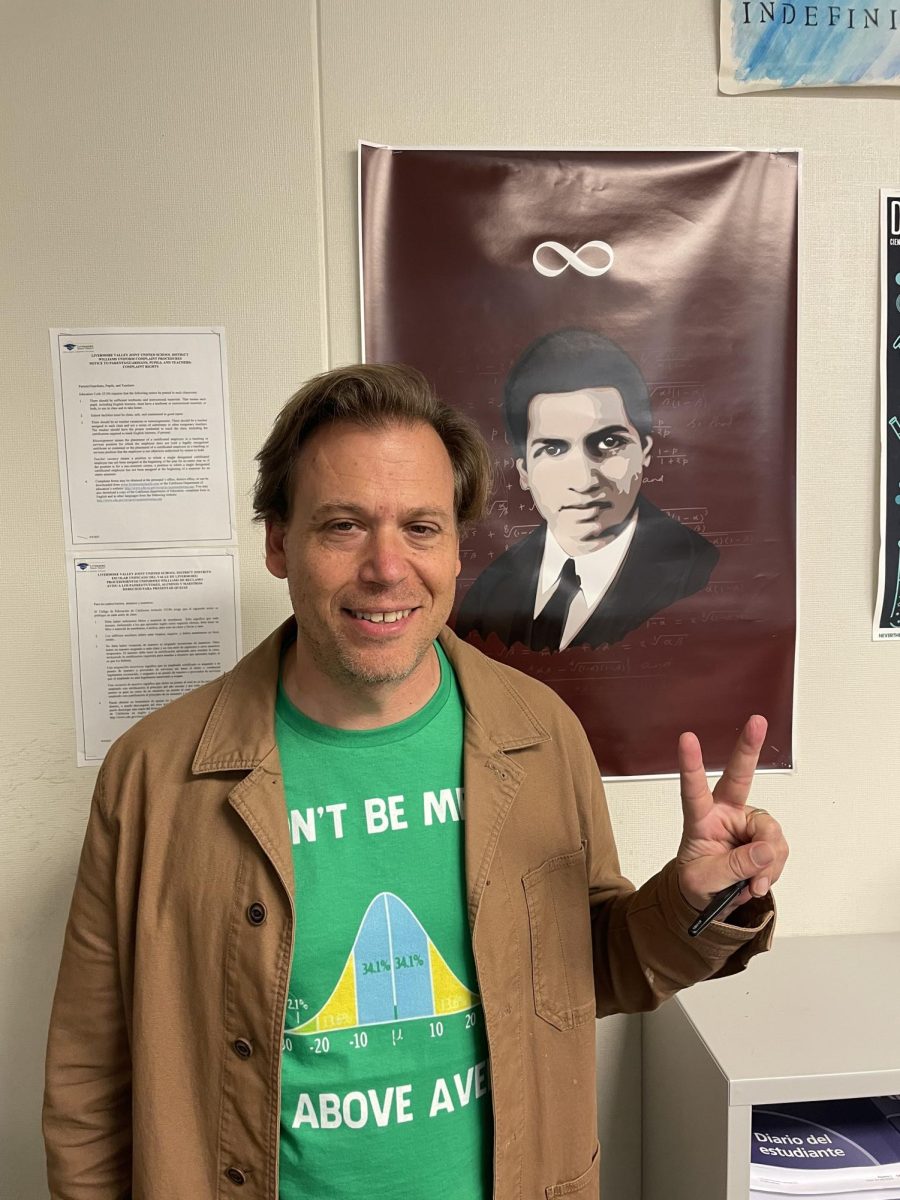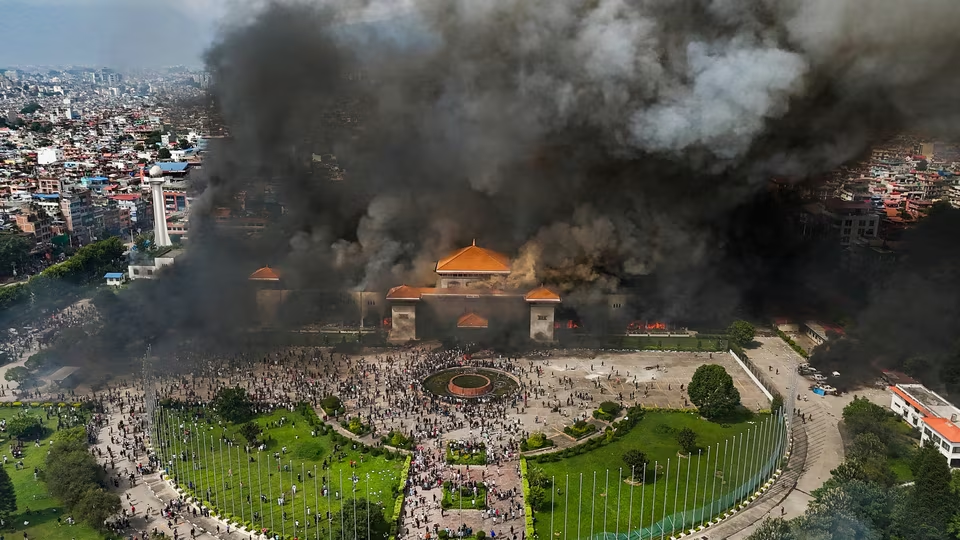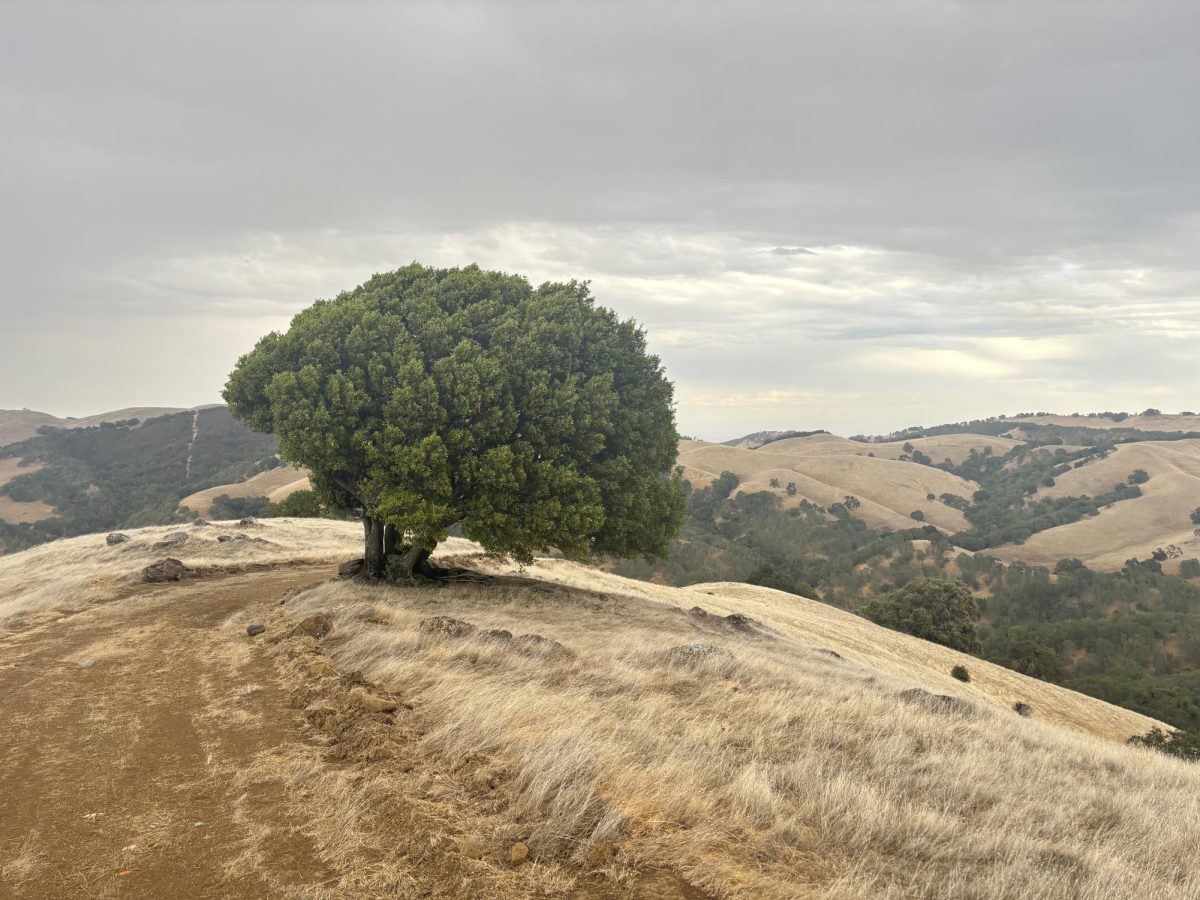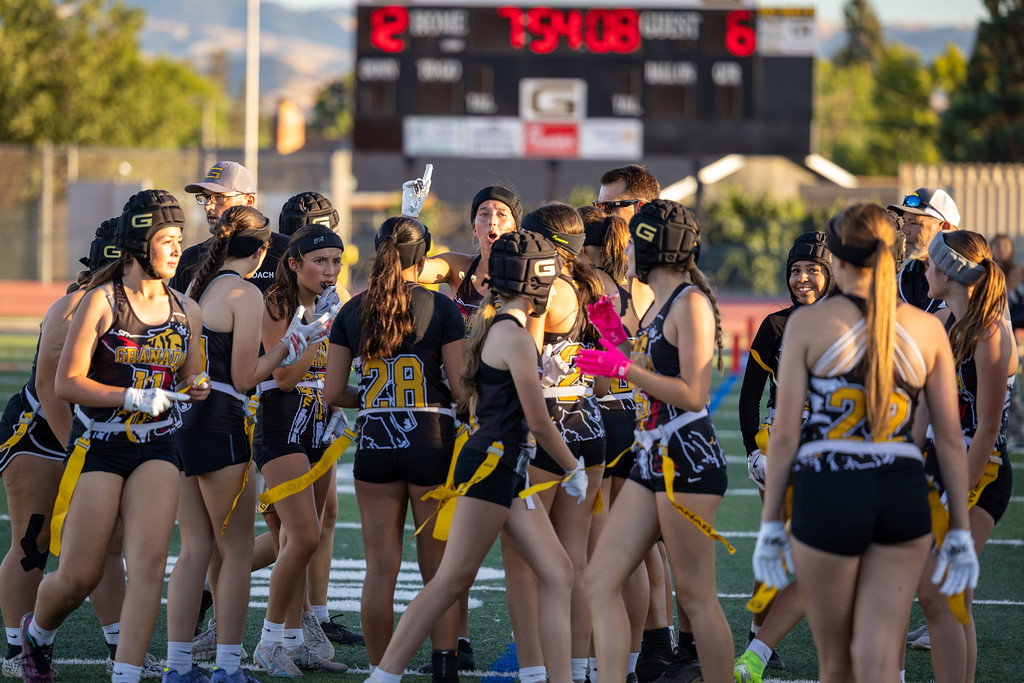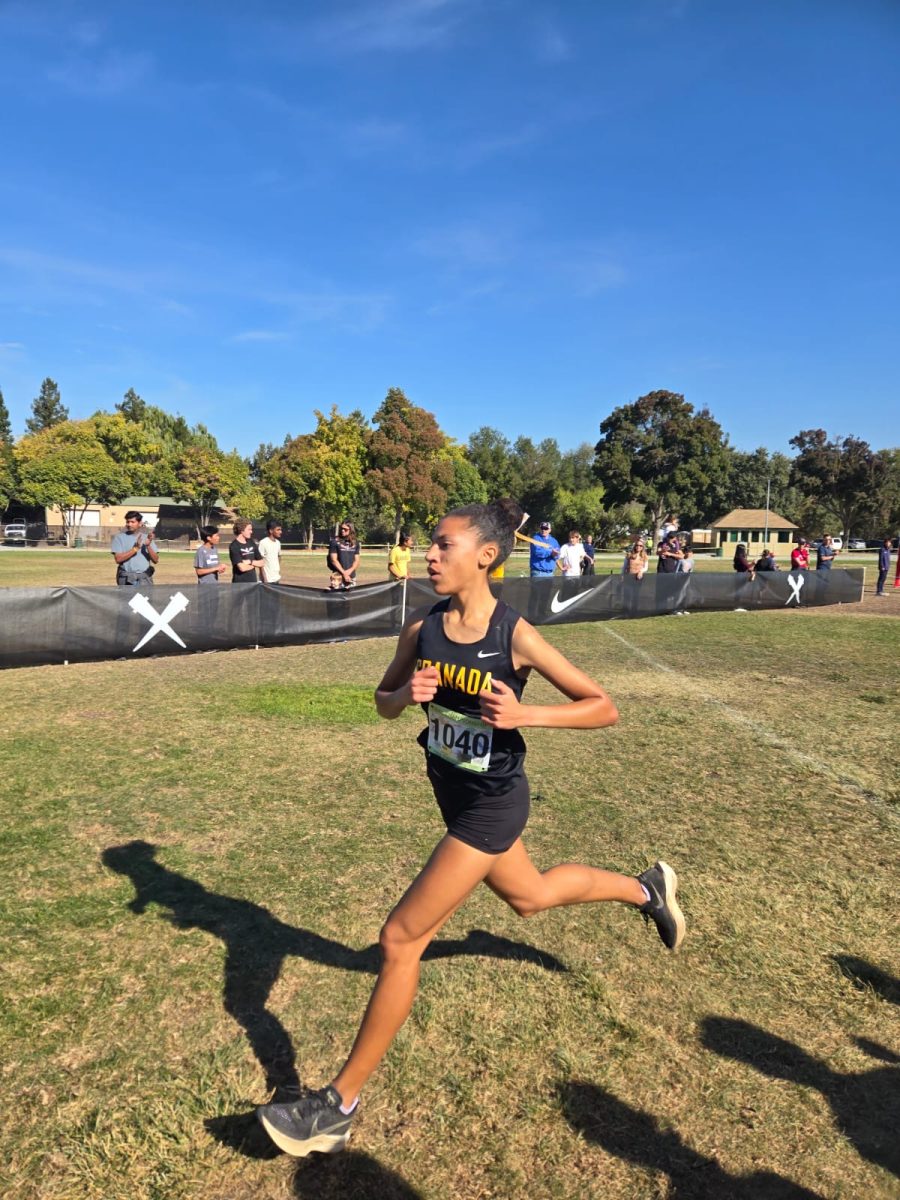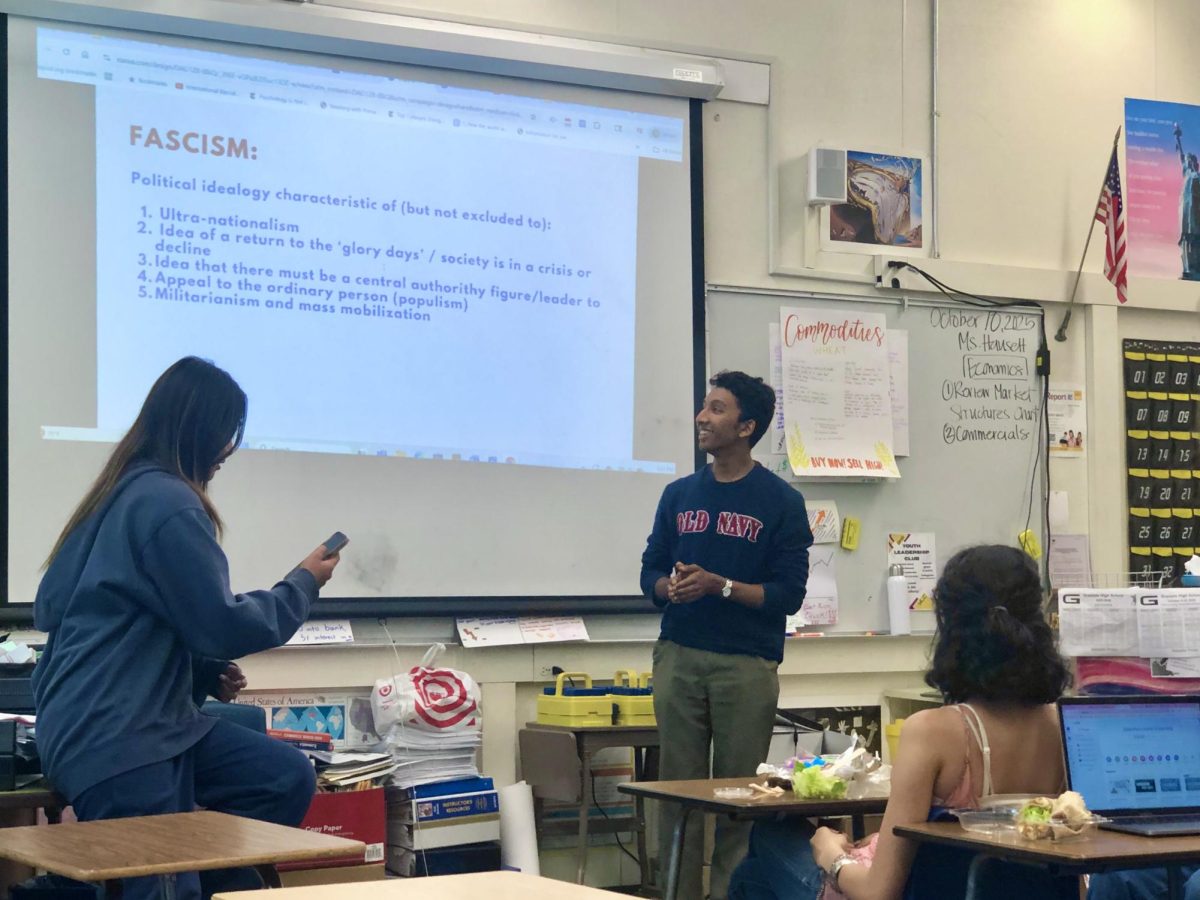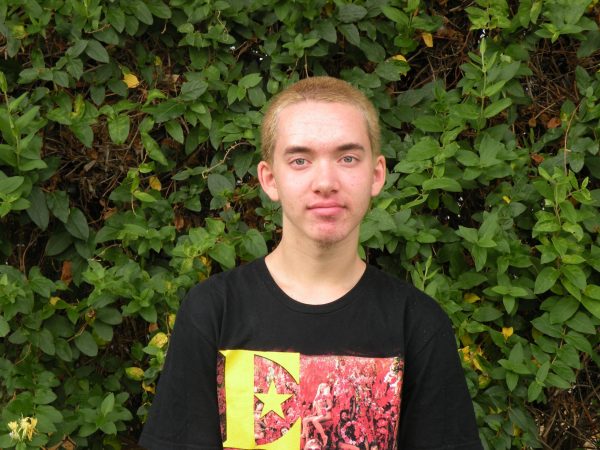Larry Itliong Day
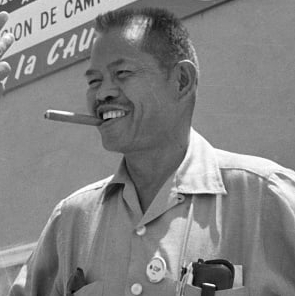
October 25, 2022
Today is October 25th, which is when the State of California celebrates the memory of Larry Itliong. A labor activist who fought for unions and workers in California, let’s take a look back at his legacy.
Larry Itliong was born in San Nicolas in the Philippines on October 25, 1913. Even when he was a young child, Itliong dreamed of becoming a lawyer and of a future fighting for people’s rights. He was part of the Manong generation, which was the first group of Filipino immigrants to come to the U.S. Itliong, like many other young Filipino men, would be enticed by the American dream and the possibility of moving up in the world.
The U.S. was not what it was advertised to be as the immigrants who migrated in would deal with racial discrimination in the workplace and in their daily lives. Itliong would later speak about this in a speech in 1976, remarking, “You go to the United States where they pick money on trees. Did that happen? Hell no!”
Itliong moved to the United States in 1929 where he arrived in Alaska with the hope of becoming a lawyer. He would work many different labor jobs across the U.S. before eventually coming to California where he worked in agriculture. In an accident that happened early on in his time in the United States, he would lose three fingers in a work-related accident that would give him the nickname “seven fingers.”
Not long after coming to the United States, Itliong joined his first strike in 1930 and in the same year would help found the Alaska Canneries Workers Union. His continued involvement in protests and strikes would turn him into a leading organizer and activist who would become well-known on the West Coast.
Itliong connected with workers of many different backgrounds. Despite only having a sixth-grade education, he would become fluent in languages such as Japanese, English, Cantonese, Spanish, and other Filipino languages so as to communicate with many different people. He organized and encouraged many people to work for their deserved rights and fought for people of all backgrounds.
While still being an activist for workers, Itliong joined the U.S. Army in 1936 and served until 1943. After serving during World War II, he was given U.S. citizenship in 1944. Even after the war, he was still an activist as he then moved to Stockton, California where he would go on to found the Filipino Farm Labor Union in 1956 and the Agricultural Workers Organizing Committee (AWOC) in 1959.
Itliong is best known for his involvement in the Delano Grape Strike that started in 1965. Initially composed of Filipino workers from various workers, the strike was to protest the bad working conditions and poverty wages of the time. They also protested their poor living conditions and fought for basic necessities such as clean water and safe waste-disposal systems.
Thousands of workers led by AWOC went on strike, which is also when Itliong would meet with fellow activists Cesar Chavez and Dolores Huerta who led the National Farm Workers Association (NFWA). In September of 1965, NFWA joined AWOC, leading thousands of Filipino and Mexican workers in strikes and protests. The two groups would merge to become the United Farm Workers with Itliong as one of its leaders.
The Delano Grape Strike lasted five years and is still one of the biggest and most important labor movements in United States history. We can heavily thank Itliong for that as he started and supported the strike to its end.
In 1971 Itliong would leave the United Farm Workers as he was concerned the union wasn’t helping farm workers equally. He stated that UFW was not living up to its purpose and letting down many older Filipino-American workers. He would still continue to fight for workers for many years. After resigning from the UFW, he traveled to Brazil and Chile where he advocated for farm workers. In 1972 he was a delegate of the Democratic National Convention, protesting for better working conditions. He would later return to California where he oversaw the creation of Agbayani Village, a housing community created to benefit retired workers.
Larry Itliong died on February 8, 1977. His work was pivotal for immigrant workers from the 1930s into the 1970s. We can thank him for being the activist and advocate that workers needed and for fighting for unions and basic worker rights. California recognizes his importance as October 25th is officially recognized as Larry Itliong Day. He fought for justice and equal rights, which is something we can all aspire to do. To close on some realistic advice from Itliong, “The Constitution said that everybody has equal rights and justice. You have to make that come about. They are not going to give it to you.”

